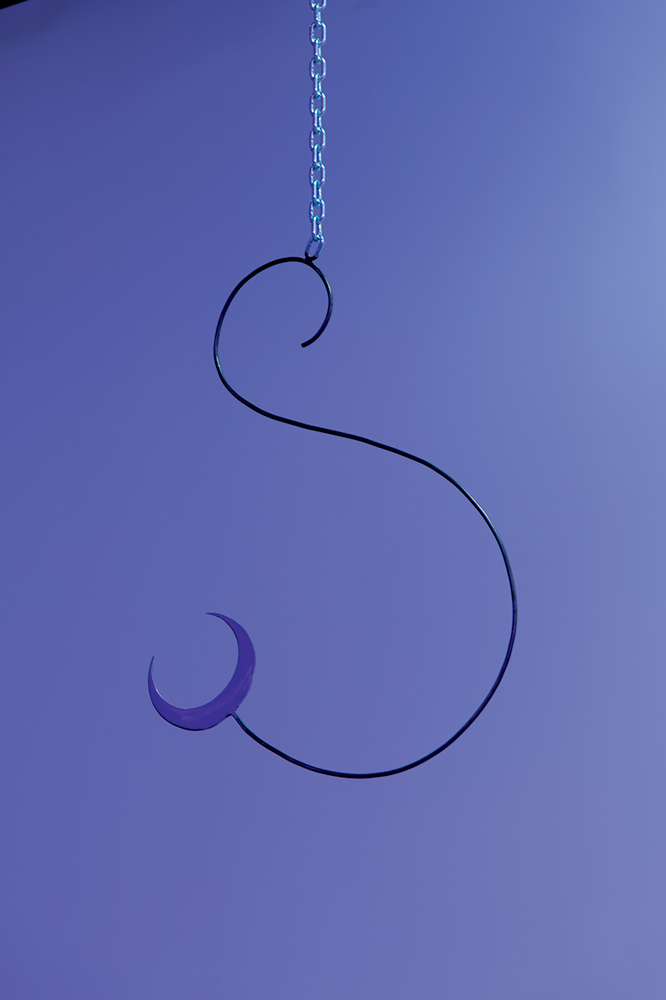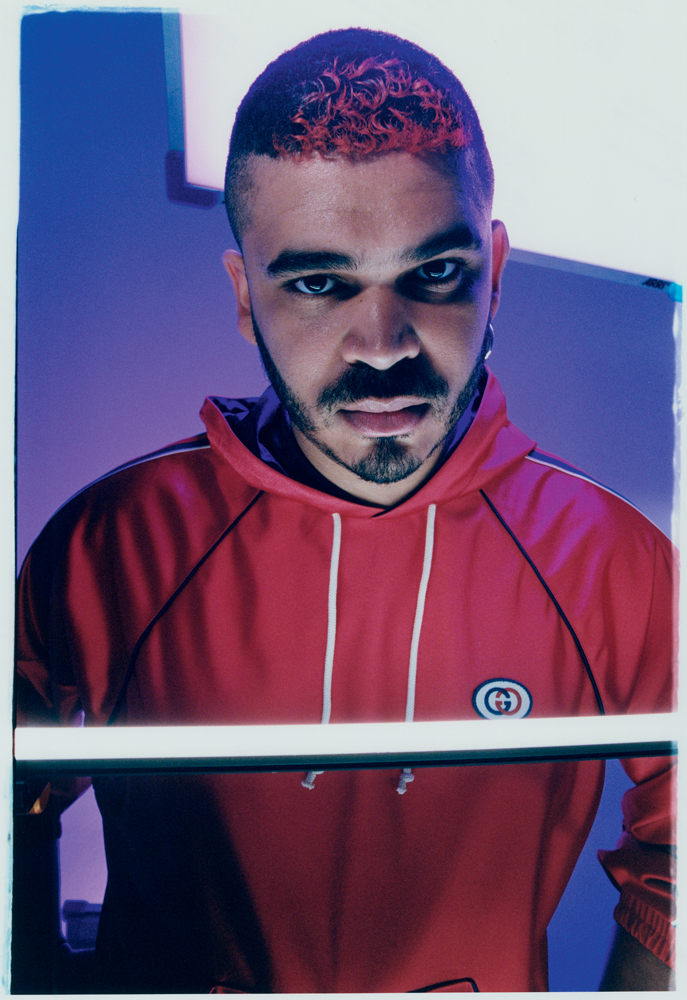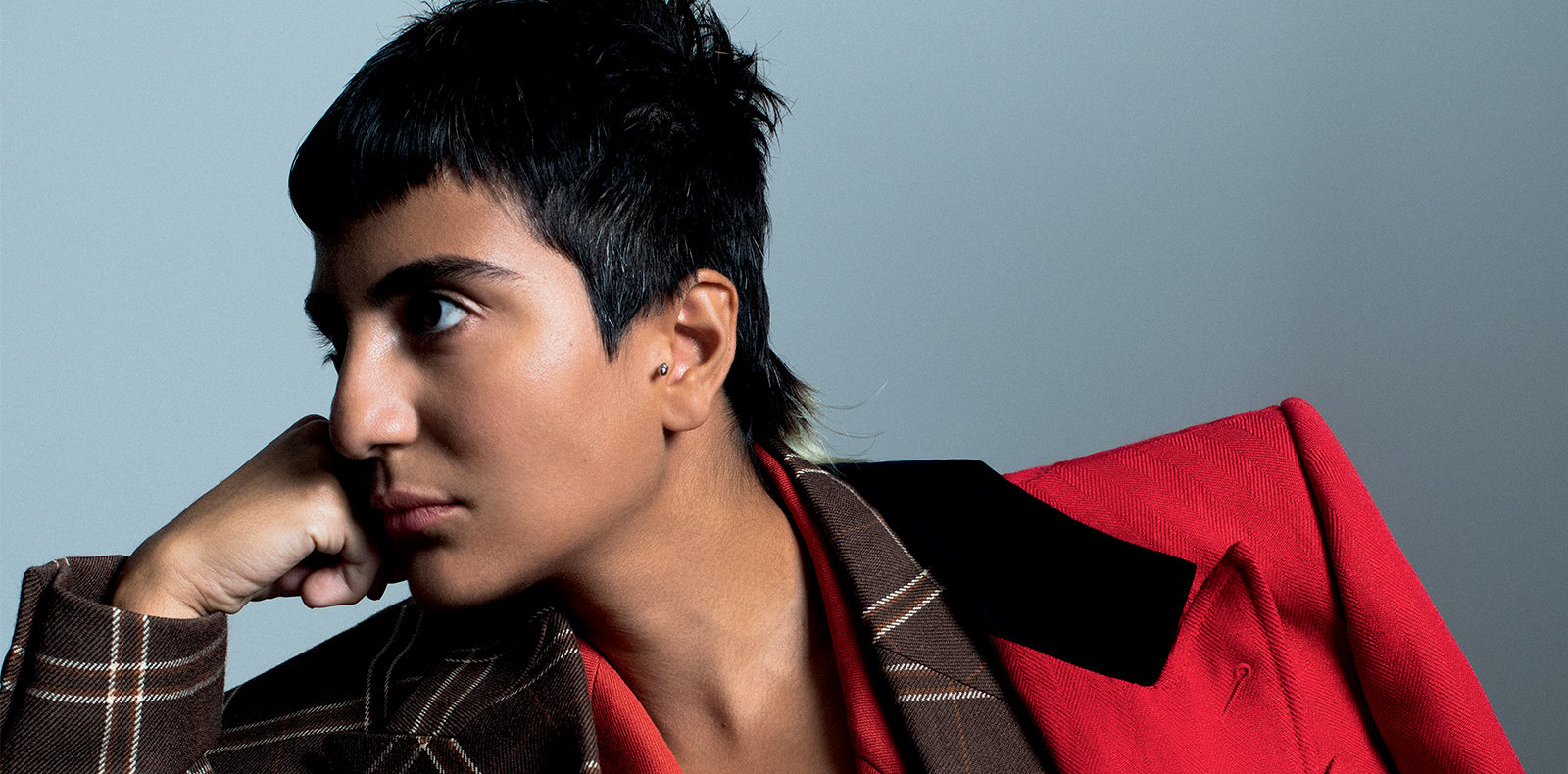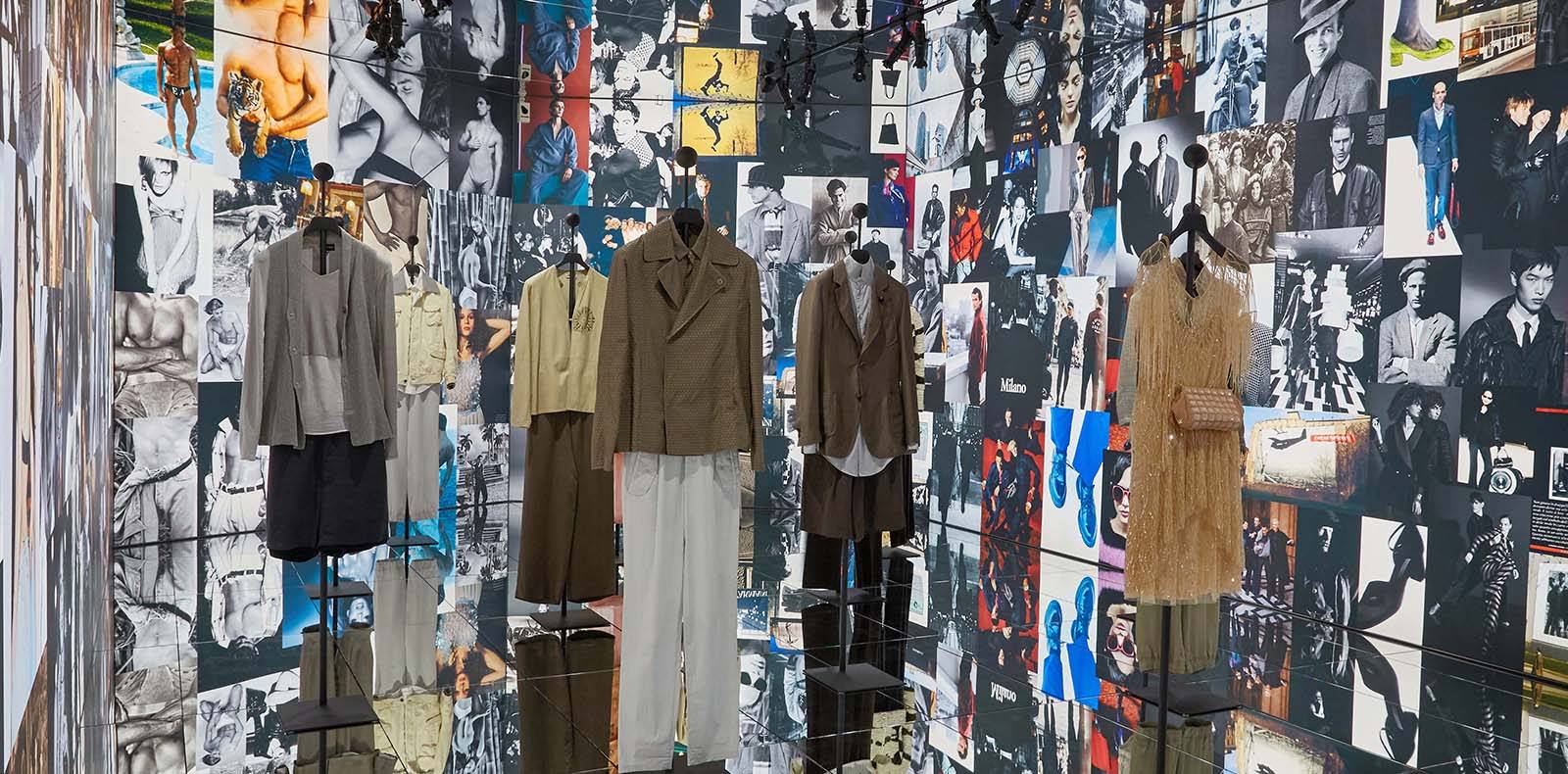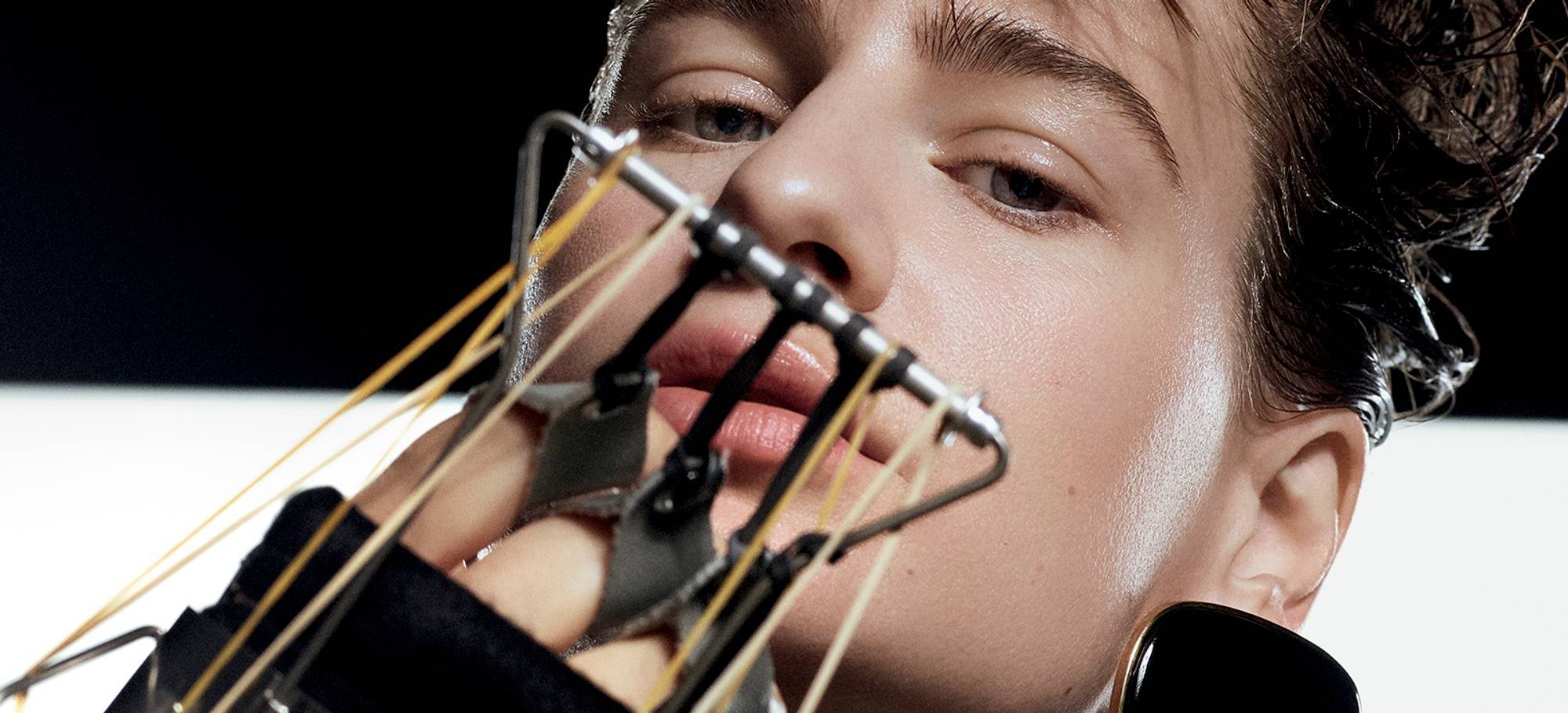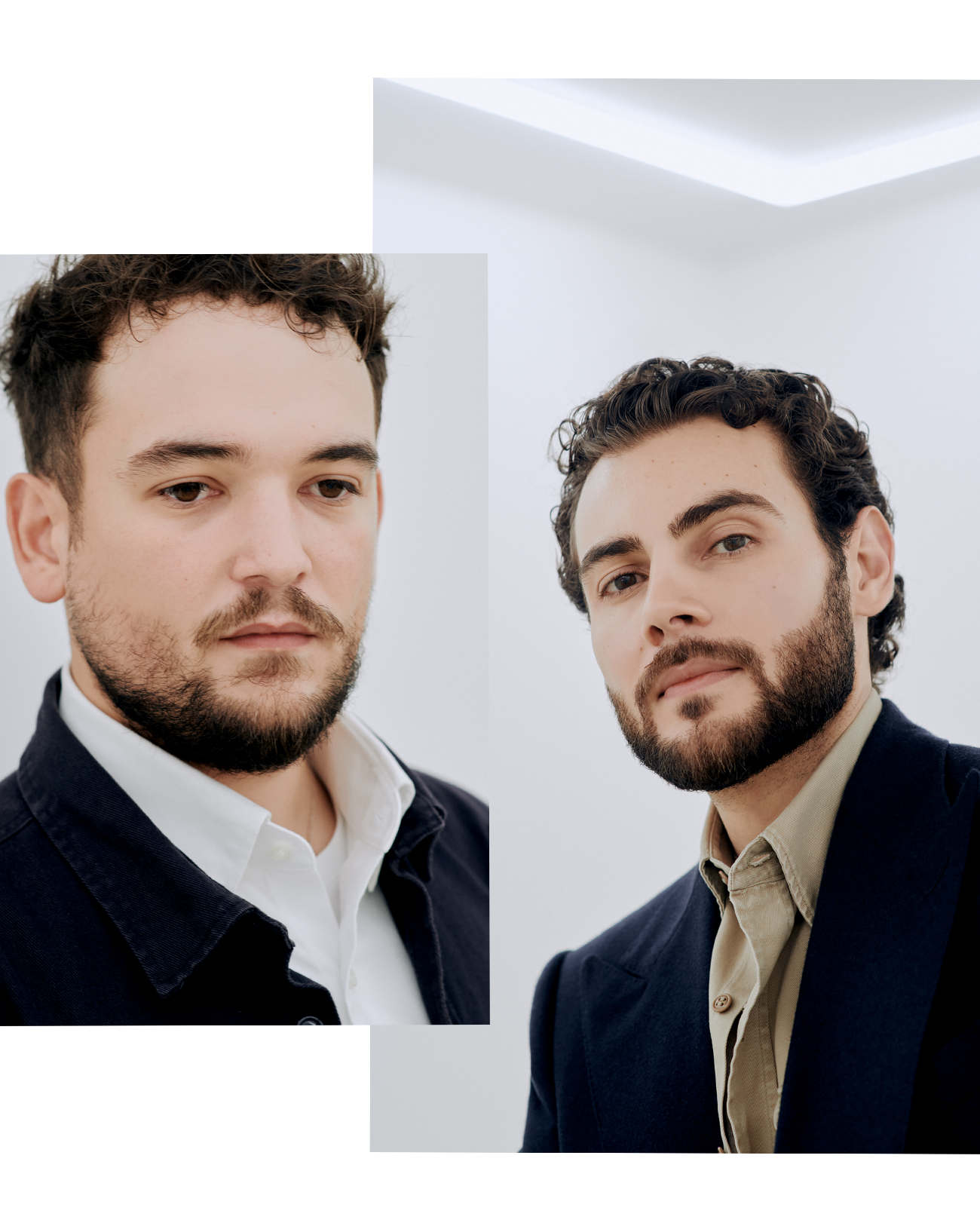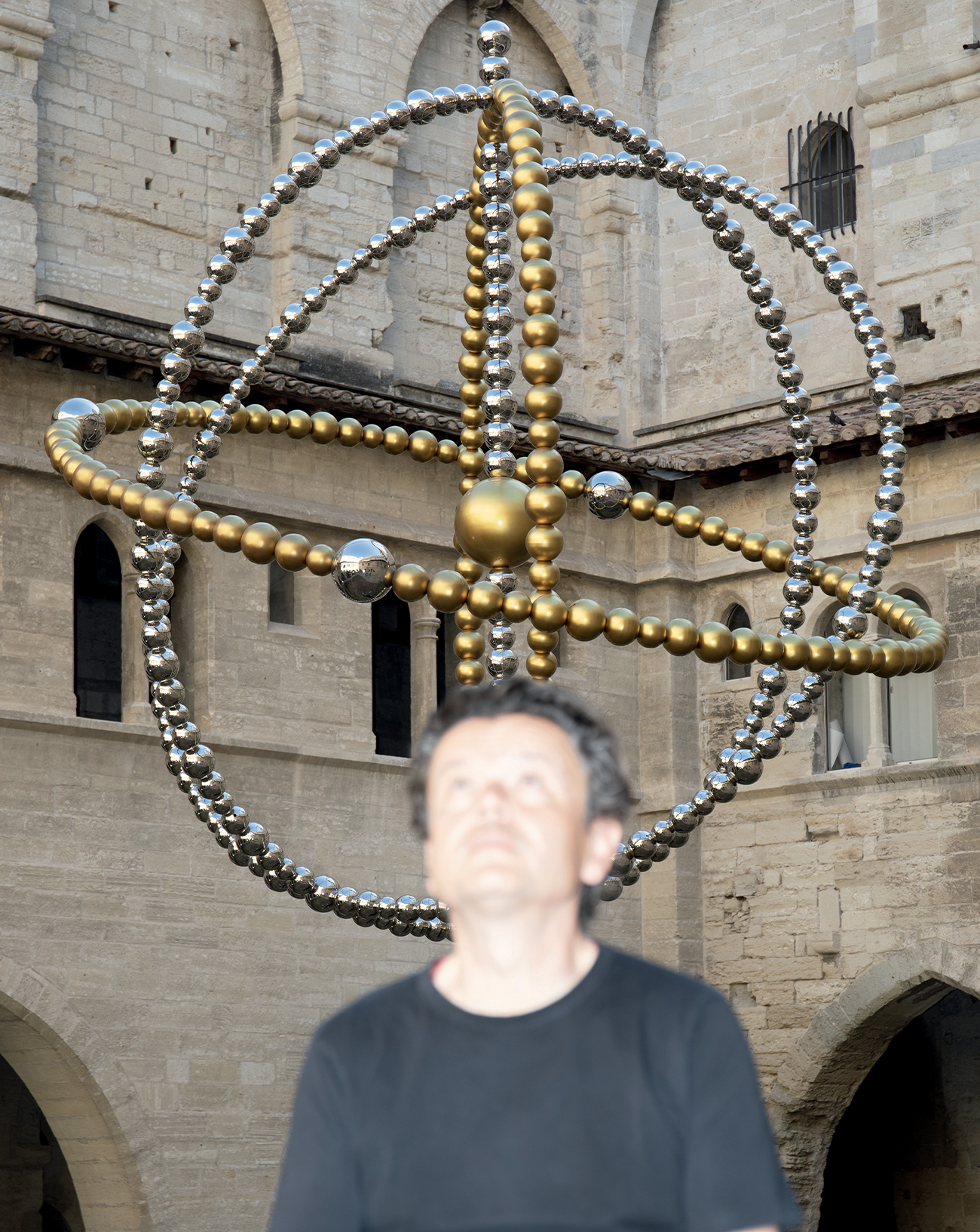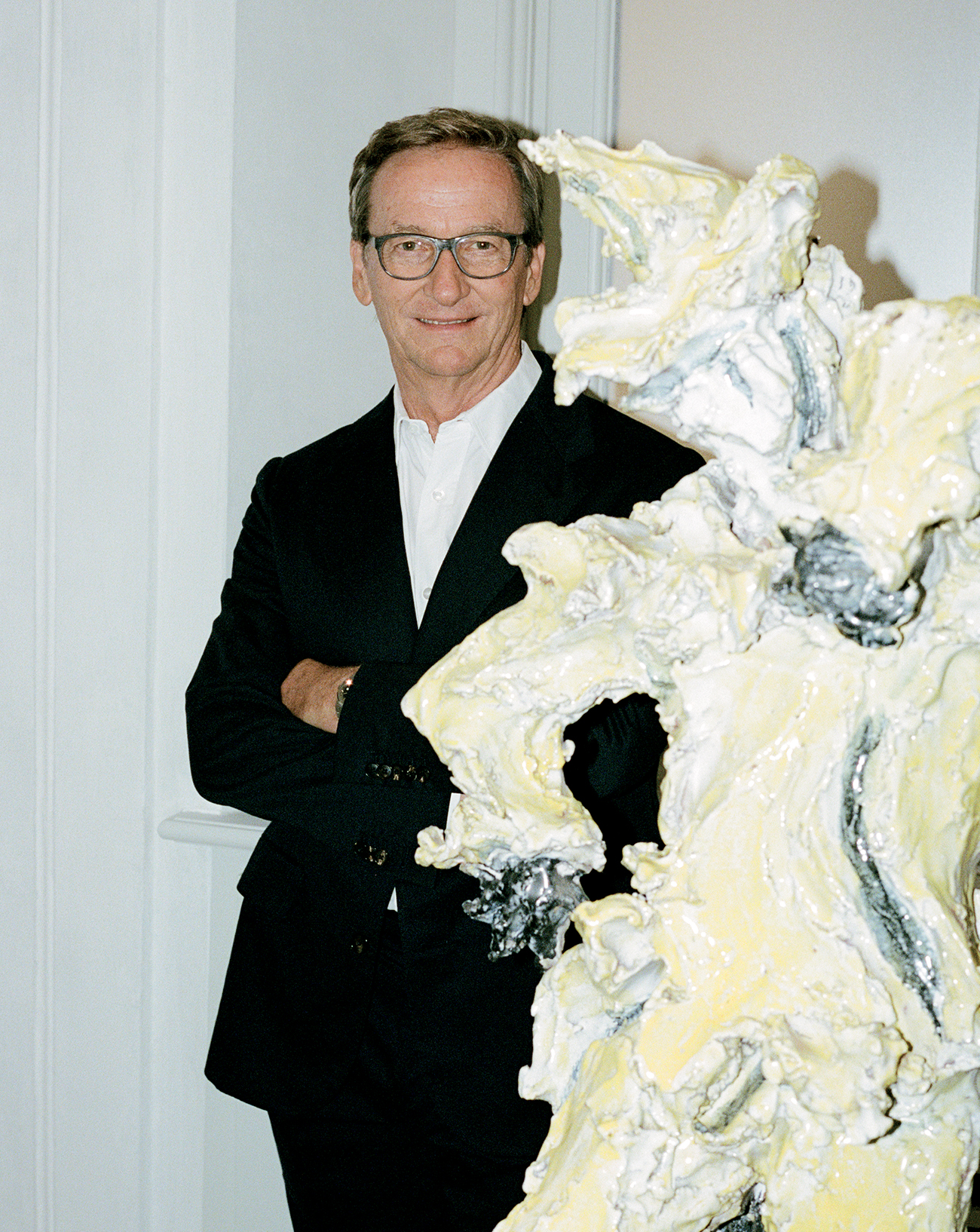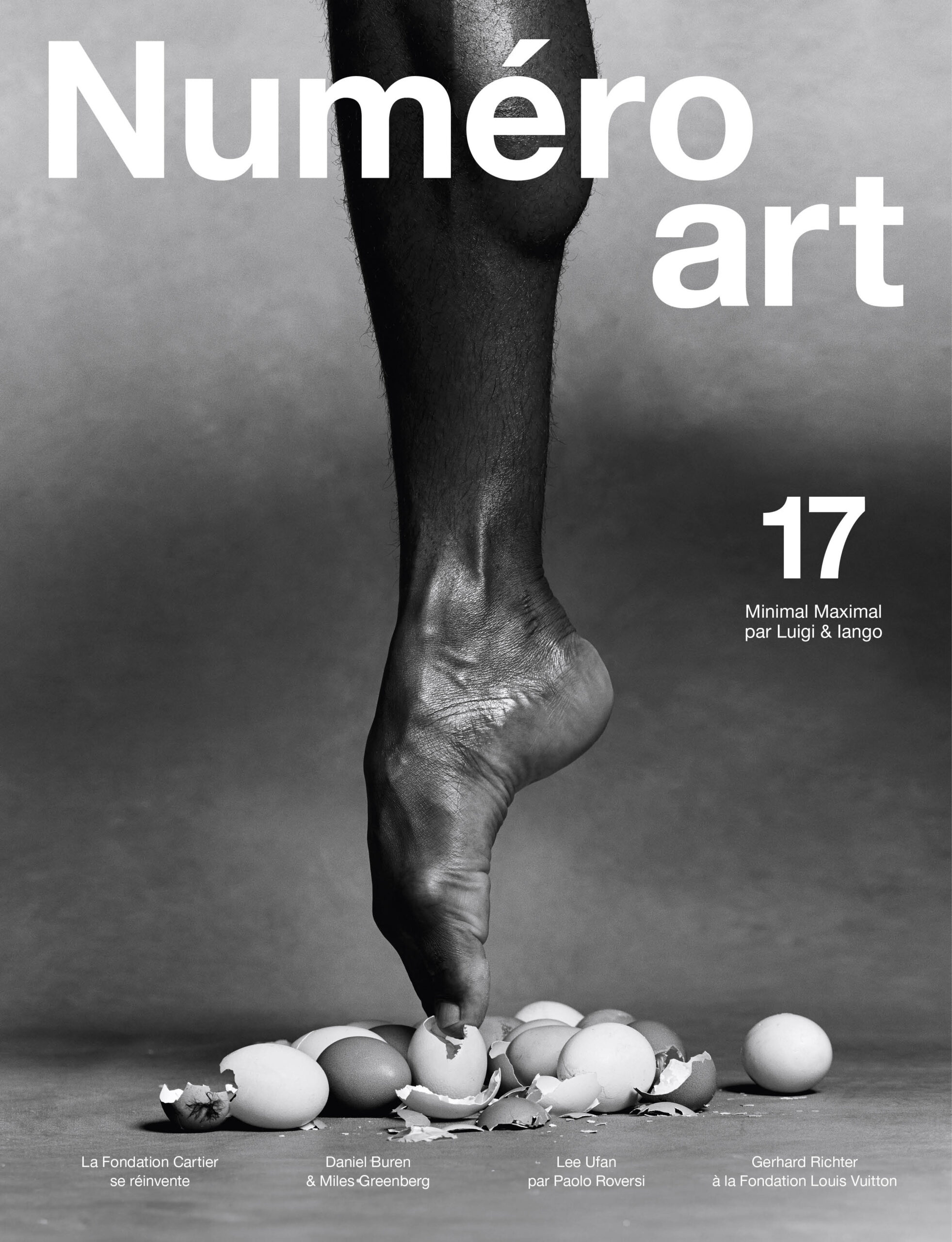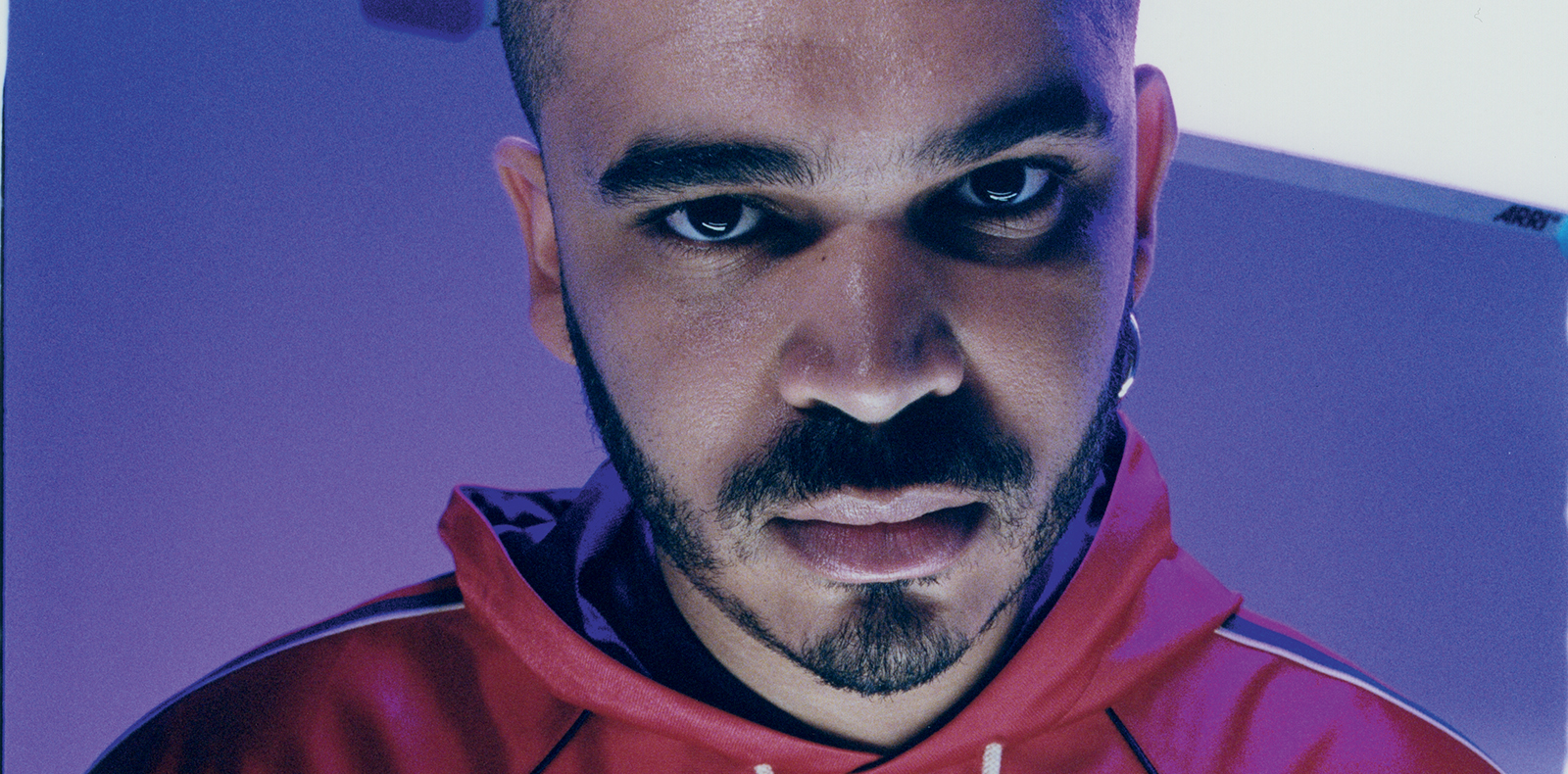
5
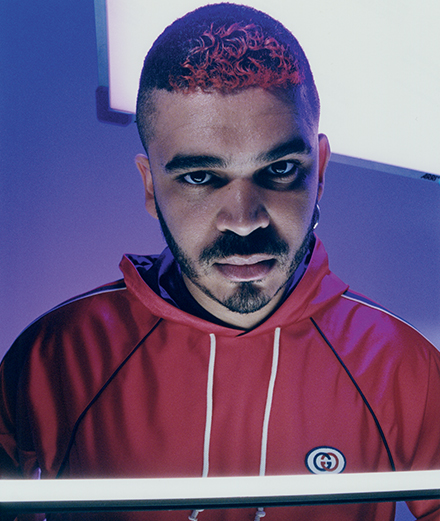
5
How artist Tarek Lakhrissi’s poetic works are weapons to write new realities
For each issue, Numéro art showcases the French artistic scene most promising young talents. Today, focus on Tarek Lakhrissi’s multidisciplinary work crossing sculpture, video, poetry as well as performance to question production of knowledge, and find new ways to teach and emancipate oneself.
Portraits by Lee Wei Swee,
Styling by Samuel François,
Text by Ingrid Luquet-Gad.
Tarek Lakhrissi’s forms are volatile, and when they do appear, it’s so as to better disappear. But make no mistake, there’s no infra-thin preciousness here, nor the politeness of self-effacement – that would still be conceding to the power and permanence of the centre. On the contrary, when he lined the floor of his first solo exhibition with sand (Caméléon Club, 2019), or suspended spears and stakes at face level (Unfinished Sentence II, 2020), or darted the space with sliced salamander tails (This Doesn’t Belong to Me, 2020), it was all in the name of de-identification.
These three recent installations, respectively shown at the Galerie CAC in Noisy-le-Sec, Paris’s Palais de Tokyo and the CAC Brétigny, as well as at Turin’s Fondazione Sandretto Re Rebaudengo, distill a strategy that combines cunning and resilience. Born in 1992 in Châtellerault, Lakhrissi, who now lives in Brussels, completed a master’s in theatre studies in Paris and Montreal before working for a time at the queer Parisian bookstore Les Mots à la Bouche. His trajectory, like the spirit that infuses his work, is built on interconnect- edness and concentric circles: media on the one hand – he has dabbled in film, video, performance and installation – and scenes on the other, as he surrounds himself with allies both past and present, real and fictitious.
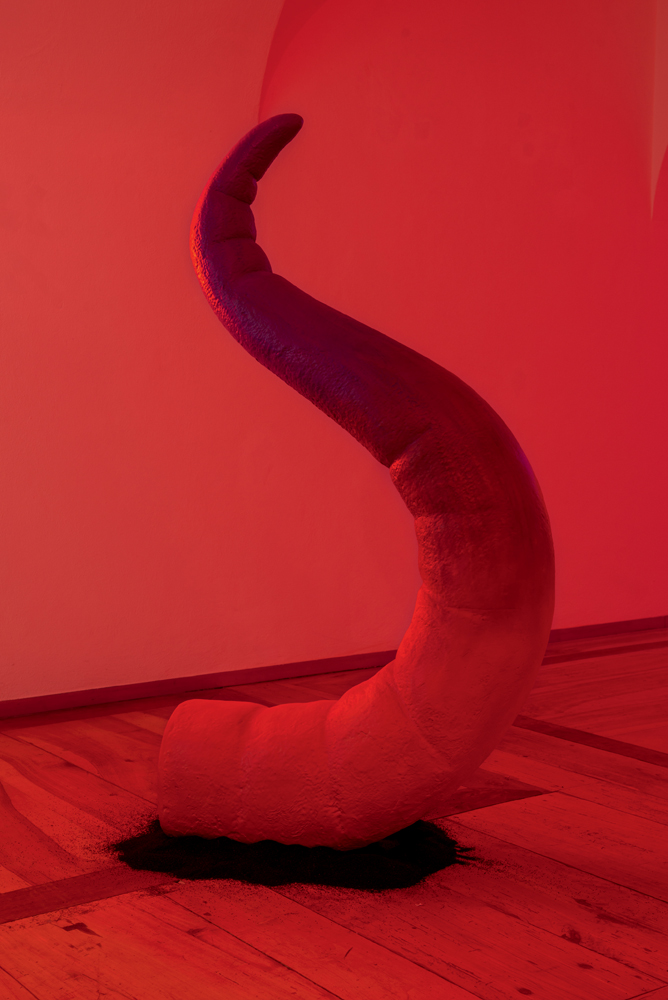
In Unfinished Sentence II, he summoned, in the same breath and at the same level, the French pioneer of genre Monique Wittig (author of Les Guérillères) and Buffy the Vampire Slayer and Xena the Warrior. But with Lakhrissi, the process takes on a methodological value, as comes through in his language, which verbalizes the palimpsest. Poetic and slang by turns, tacking between English, French and Arabic, it captures but the imprint of a context, the hint of a presence, the rustle of a body. In 2019, Lakhrissi published Fantaisie Finale, his first collection of poetry, though he also gives voice to his language through hybrid performances, such as the videoprojected Internet browsing of Blouse bleue (2018) or the Y2K karaoke of conSpiration (2019).
But it was perhaps the workshop he organized last October at the Maison Populaire in Montreuil, as part of the collective exhibition I’m From Nowhere Good, that best sums up his thinking and approach. Combining masterclasses and creative workshops run by speakers sensitized to queer, decolonized and feminist themes, the format provided not only tools for emancipation in the face of the atomization of knowledge, but also ways of coming together elsewhere and differently.
